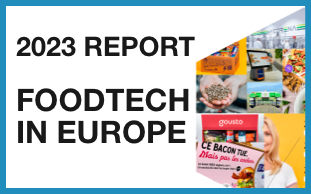2020 will clearly be a difficult year for many of the big restaurant delivery startups. After 5 to 10 years of high growth, big and costly investments, they are now looking for profitability. Basically, all of the top players are looking for the same thing: being number one or at least number two in each market. And if that’s not possible, they are just quitting.
The most recent example is Glovo who just announced that it will leave Turkey, Egypt, Puerto Rico and Uruguay. While Glovo was just recently refuelled with $166m, it wants to focus on the best markets where it can find profitability.
Other startups have taken less extreme measures, either by margin, such as Takeaway and Just Eat, or by selling their assets to one of the leaders. Uber has recently chosen this path in India by selling its activities to Zomato, after reaching the conclusion that it will never break a place of leader. Delivery Hero did the same in Europe with Takeaway.
In the meantime, some startups are just under financial pressure. Rappi, South America’s delivery giant and one of the many Vision Fund short-in-cash startups announced a bit layoff. Similarly, Deliveroo is rumoured to have difficulties. Its $575m deal with Amazon, announced in June, is still under scrutiny by the UK regulators.
Why does it matter?
Depending on who you are, the implication could be quite different:
- For a customer, this means that at some point and in some countries, only one or two delivery startups will remain and they may charge more for each delivery (or focus more on loyalty plans)
- For restaurants, as the competition will remain strong between stronger players, you may expect more services brought to you by them from procurement to payment solutions







